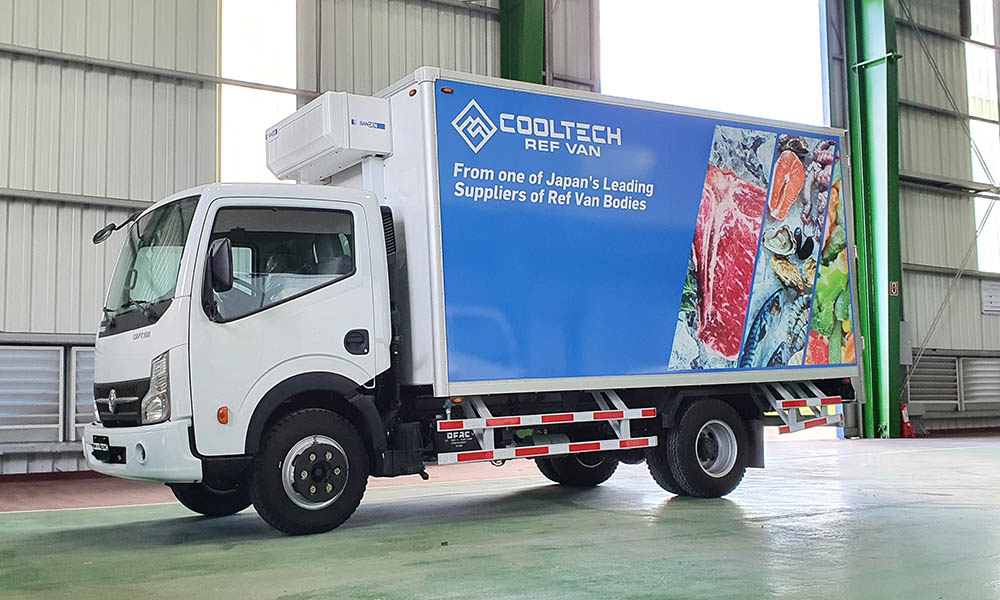
Talks of the all-important COVID-19 vaccine have recently taken over the news. Various countries have even taken dibs on various substances, with more territories lining up and allocating resources for the cure that the whole world has been practically waiting for. But even though freighter jets carrying the medicine are currently crisscrossing the globe, the problem doesn’t end once these aircraft open their cargo holds at the tarmac.
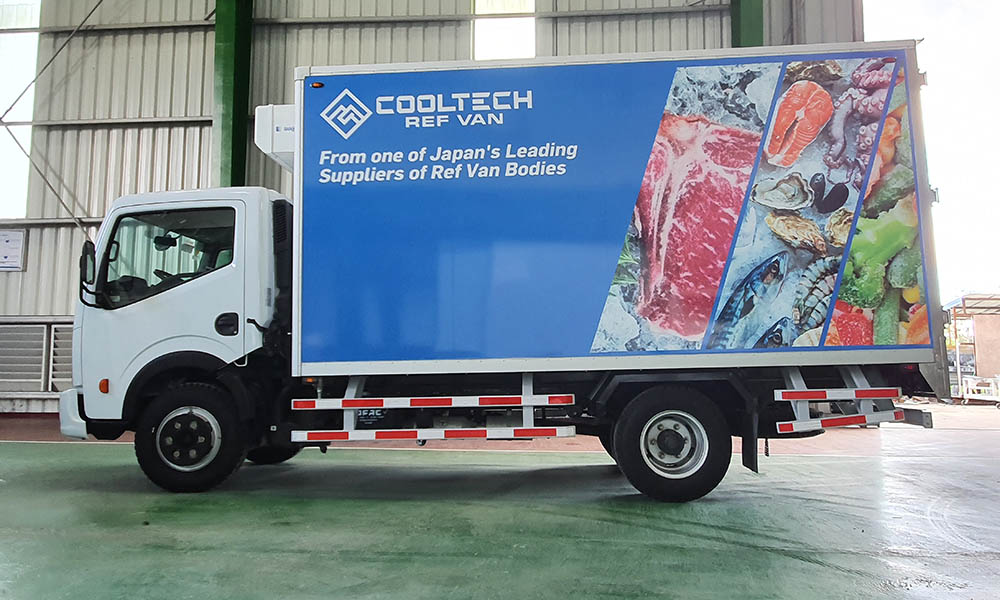
One part of the challenge is the varying temperature requirements for certain COVID-19 vaccines. For example, the AstraZeneca shot needs to be kept between 2°C and 8°C—something that any household refrigerator can manage. The one from Moderna requires even colder temperatures at -20°C, which a commercial freezer is typically capable of. Pfizer vaccines are arguably the most difficult to store with a requirement of -70°C.
Another part of this challenge is the distribution. Even if a Boeing 747 freighter lands here full of life-saving vaccines, these will still have to get to the people who need them the most (which is basically everybody). For a city-state like Singapore (which has recently received its shipment), that’s not much of a problem because of the country’s size. But for an archipelagic nation like ours, just getting big trucks out of Manila in an expeditious manner is not an easy task.
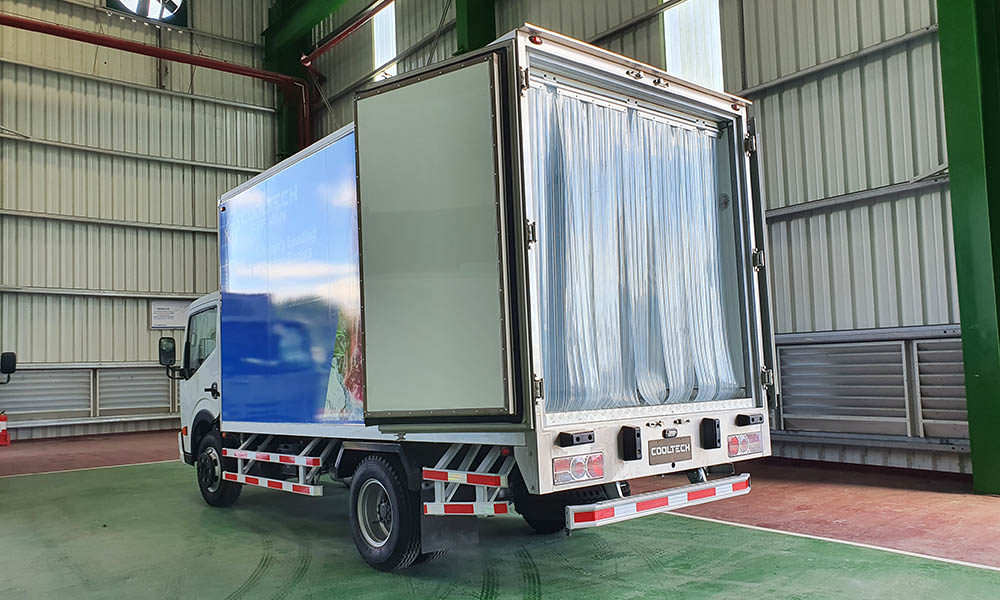
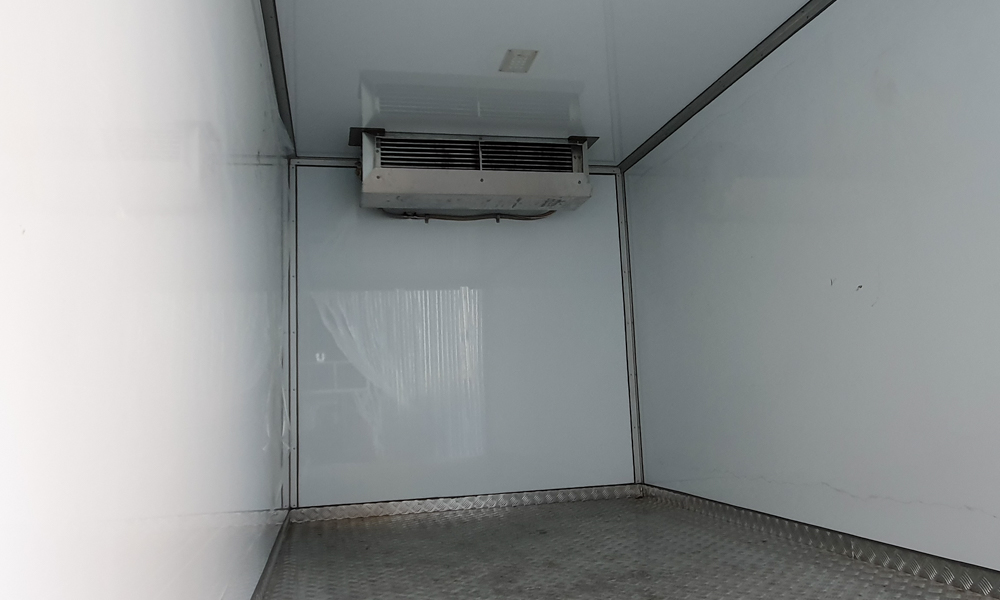
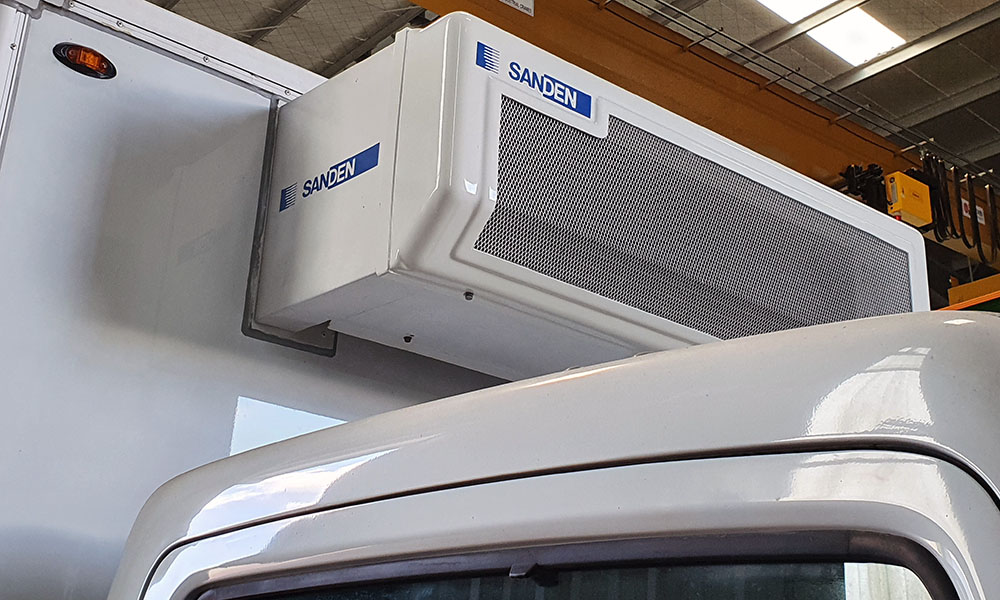
Those are the engineering hurdles faced by Centro Nippon Fruehauf Cooltech, a proudly local manufacturer of reefer vans. According to the company, there are existing technologies that are capable of storing the AstraZeneca and Moderna vaccines—the gear is practically similar to that of trucks that transport ice cream or frozen meat. However, there are still no van designs nor air-conditioning units that are up to the task of storing the Pfizer shots.
With regard to distribution, one thing that CFCI is looking at is the possibility of allowing the reefer trucks to be plugged in to ordinary household outlets. Some provinces that these vehicles drive to may not have facilities or containers big enough to store the quantity of vaccines. And instead of using the engine to run the air-conditioning system, it is deemed more economical to use electric power to keep the van operating until the shots are consumed.
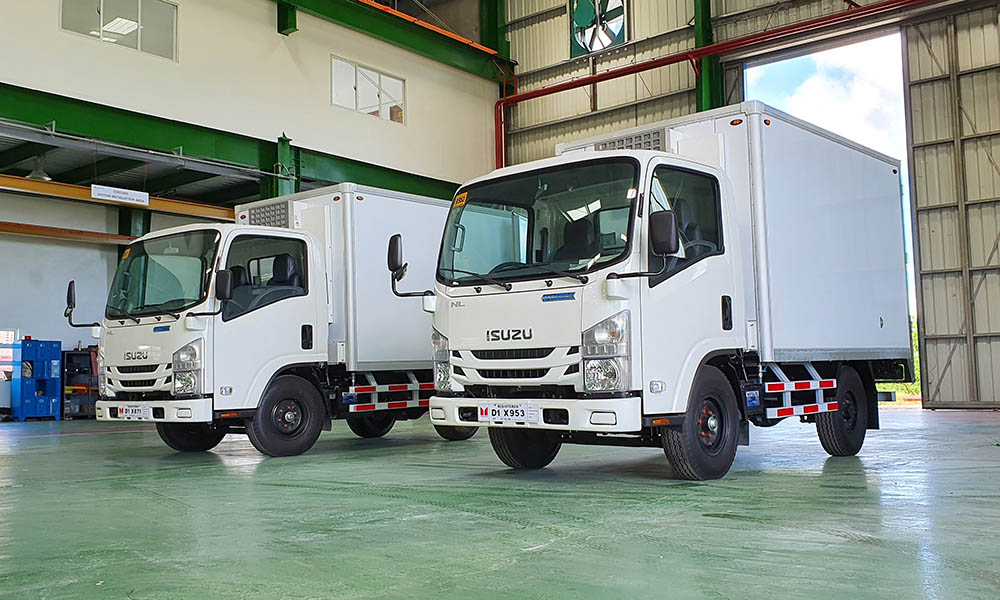
However, it doesn’t hurt to be ready for when the vaccine finally lands on our shores (not through smuggling, of course). This global health crisis is already bad as it is, and being caught off guard when the cure finally comes is even worse. Hopefully, it won’t be long before we get our turn with the shots that could give us a real fighting chance against COVID-19.


0 Comments